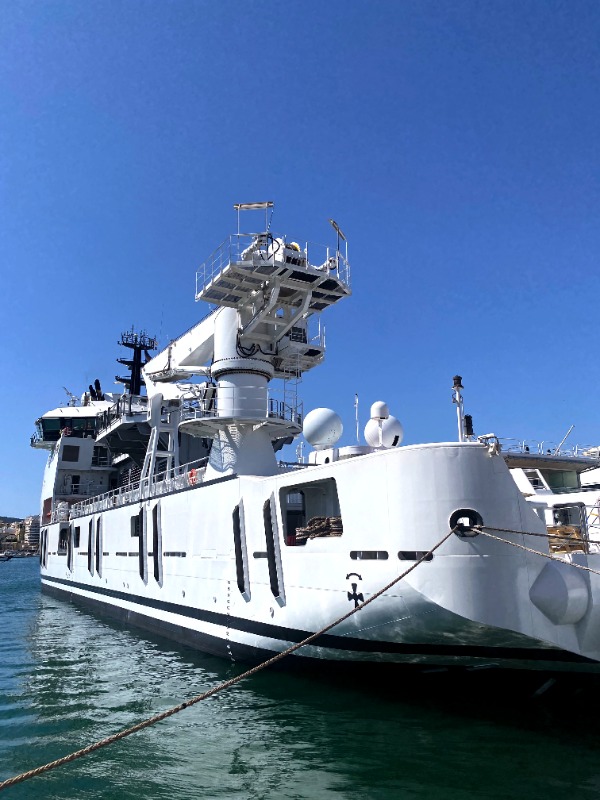Biocide Overuse: A cause for concern in superyacht maintenance?
Pierre Poitras, Technical Consultant at Conidia Bioscience explains why biocides are not necessarily the way to go for the future. …
Superyachts travel the world. They are well-maintained and offer owners or those chartering them luxury and excellence. Reliability is of utmost importance and biocides are commonly dosed into fuel supplies to prevent damage to fuel systems. But biocides are toxic to humans and pose an environmental risk – an area where increasing awareness is making this a much higher priority.
Indeed, biocides can often contain substances of concern with allergic, ecotoxic, carcinogenic, developmental neurotoxic or endocrine-disrupting properties. Like antibiotics, overuse may also cause the bacteria and microorganisms they are trying to combat to become resistant to the biocide. In addition, exact dosing is critical to efficiently kill microorganisms, since overdosing can exacerbate the problem
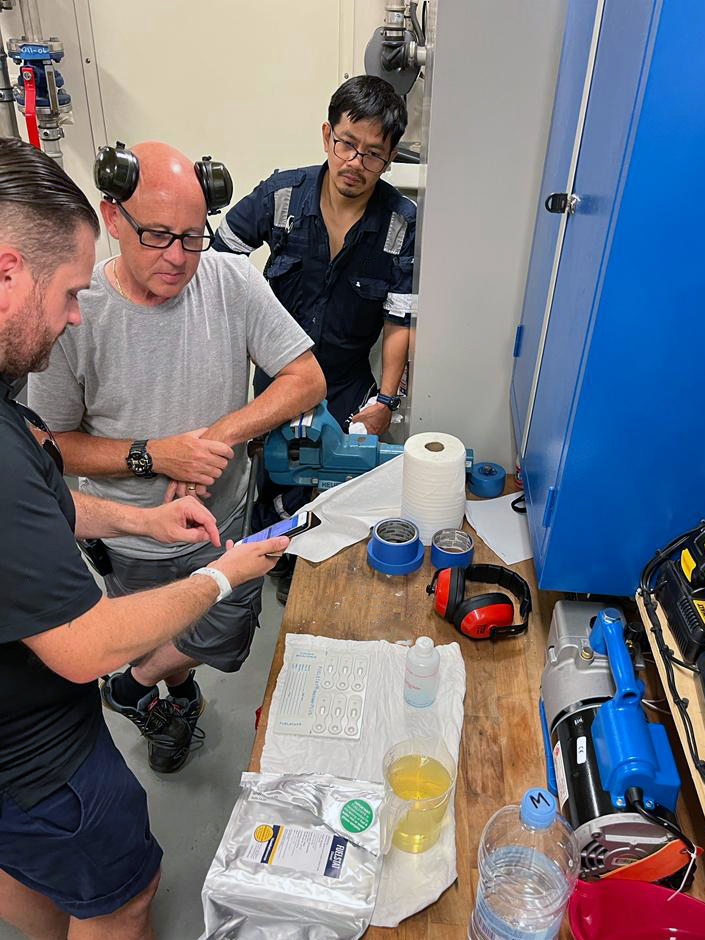
Why biocides are used
Dormant spores of microbes are present in the fuel and, when water and air are in the system, they create an ideal breeding ground for them to multiply and grow. Marine fuels blended with FAME (biodiesel), give these fuels a greater affinity to retain water, hence exacerbating the risks of microbial contamination.
Microbes work together in communities to degrade fuel and adversely affect fueling equipment. They can form biofilms, which are complex structures of sticky, slimy polymeric substances that provide a protective habitat for microbes growing within them. These biofilms can clump with any other floating cellular material to form microbial biomass clusters that can plug filters, screens or other small orifices within the fuel system. Furthermore, these biomass layers generate organic acids that corrode metal surfaces, causing damage to fuel tanks and other ancillary equipment. If left untreated, vessels are at risk of costly damage to systems, breakdowns while at sea, and being out of service for several days.
Water can find its way into fuel throughout the fuel supply chain. Anywhere where air is present, there is potential for moisture to condense – and there is plenty of opportunity in a marine environment! Combined with the increased organic content of biofuels for the microbes to feed on, the risk of contamination has increased significantly. However, just using chemicals to try to resolve the issue is not the only way – a much more environmental option can be incorporated into maintenance routines.
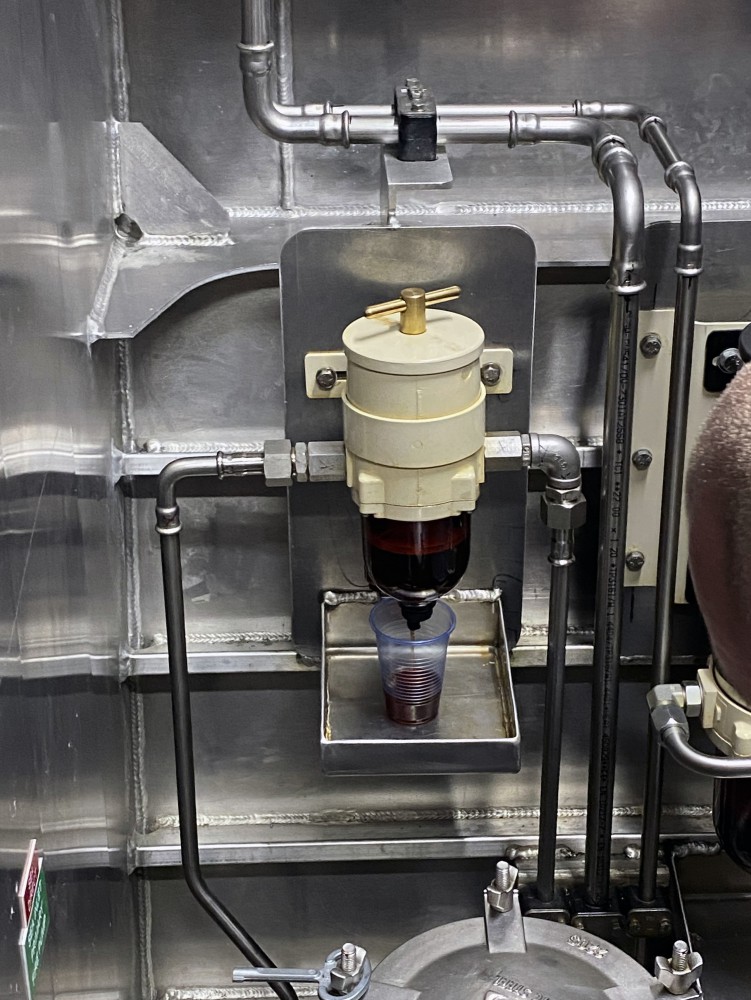
A safer, more environmentally way to protect yachts
Recent engine advancement has introduced precise, higher internal pressure fuel nozzles, whose smaller orifices have a lower tolerance to sediments and particulate matter that might be generated by contaminated fuel. A sound testing regime will help ensure contamination does not lead to corrosion or damage of systems. Understanding levels of contamination means maintenance actions, such as tank cleaning, draining water from storage tanks, regularly changing filter elements and in certain circumstances adding a biocide, can be tailored and optimized.
Why not just dose with biocide whenever bunkering? Fundamentally, if biocide was supposed to be in the fuel as a needed additive, it would be. Biocide is a dangerous chemical and requires careful handling. It should be used in a curative mode and not as a preventive one. Its long-term availability is also questionable, with many similar chemicals used across multiple industries no longer available because of evolving regulatory constraints. Furthermore, while the biocide kills the microbes in the fuel, it does not remove any sludge or biofilm that is already present, nor the dead biomass material.
Testing fuel at the tank to identify microbial contamination is quick and easy to incorporate into maintenance regimes. Although samples can be sent to laboratories for testing, this process requires the samples to be stored in special conditions and get to the lab in a timely manner to ensure the population of living, dynamic organisms within the fuel does not change. Improper handling of fuel samples for microbial testing will only cause inaccurate test results.
Test kits based on the concentration of antibodies, such as the test kits used by the likes of Conidia Bioscience, are a proven method for identifying microbes with the ability to degrade fuel and provide an indication of contamination levels. The technology, which works in the same way as a pregnancy test or the lateral flow tests we are all now familiar with following the COVID-19 pandemic, is a proven one.
NEW: Sign up for SuperyachtNewsweek!
Get the latest weekly news, in-depth reports, intelligence, and strategic insights, delivered directly from The Superyacht Group's editors and market analysts.
Stay at the forefront of the superyacht industry with SuperyachtNewsweek
Click here to become part of The Superyacht Group community, and join us in our mission to make this industry accessible to all, and prosperous for the long-term. We are offering access to the superyacht industry’s most comprehensive and longstanding archive of business-critical information, as well as a comprehensive, real-time superyacht fleet database, for just £10 per month, because we are One Industry with One Mission. Sign up here.
Related news

The Nuclear Equation
Developments across the marine industry suggest the idea of a nuclear-powered superyacht may not be as science fiction as it once sounded
Technology
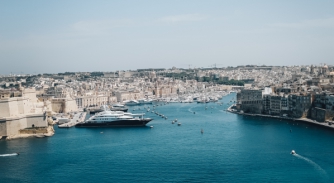
Maltese government cracks down on brokers selling subsidised fuel
A new amendment came into force last Friday to prevent the exploitation of Malta’s price stability policy on fuel prices
Fleet
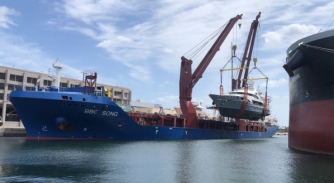
Superyacht transport responds to fuel challenges
Matt Penfold, managing director of Peters & May USA, explains the market in response to COVID and Ukraine
Crew
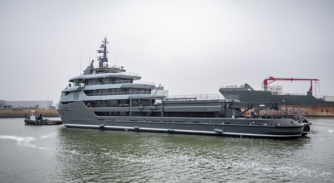
68m M/Y Ragnar denied fuel in Norway
The crew have been left stranded in Narvik, Norway with oil suppliers refusing to refuel the yacht
Owner
Related news
The Nuclear Equation
3 years ago
Superyacht transport responds to fuel challenges
3 years ago
68m M/Y Ragnar denied fuel in Norway
3 years ago
NEW: Sign up for
SuperyachtNewsweek!
Get the latest weekly news, in-depth reports, intelligence, and strategic insights, delivered directly from The Superyacht Group's editors and market analysts.
Stay at the forefront of the superyacht industry with SuperyachtNewsweek


